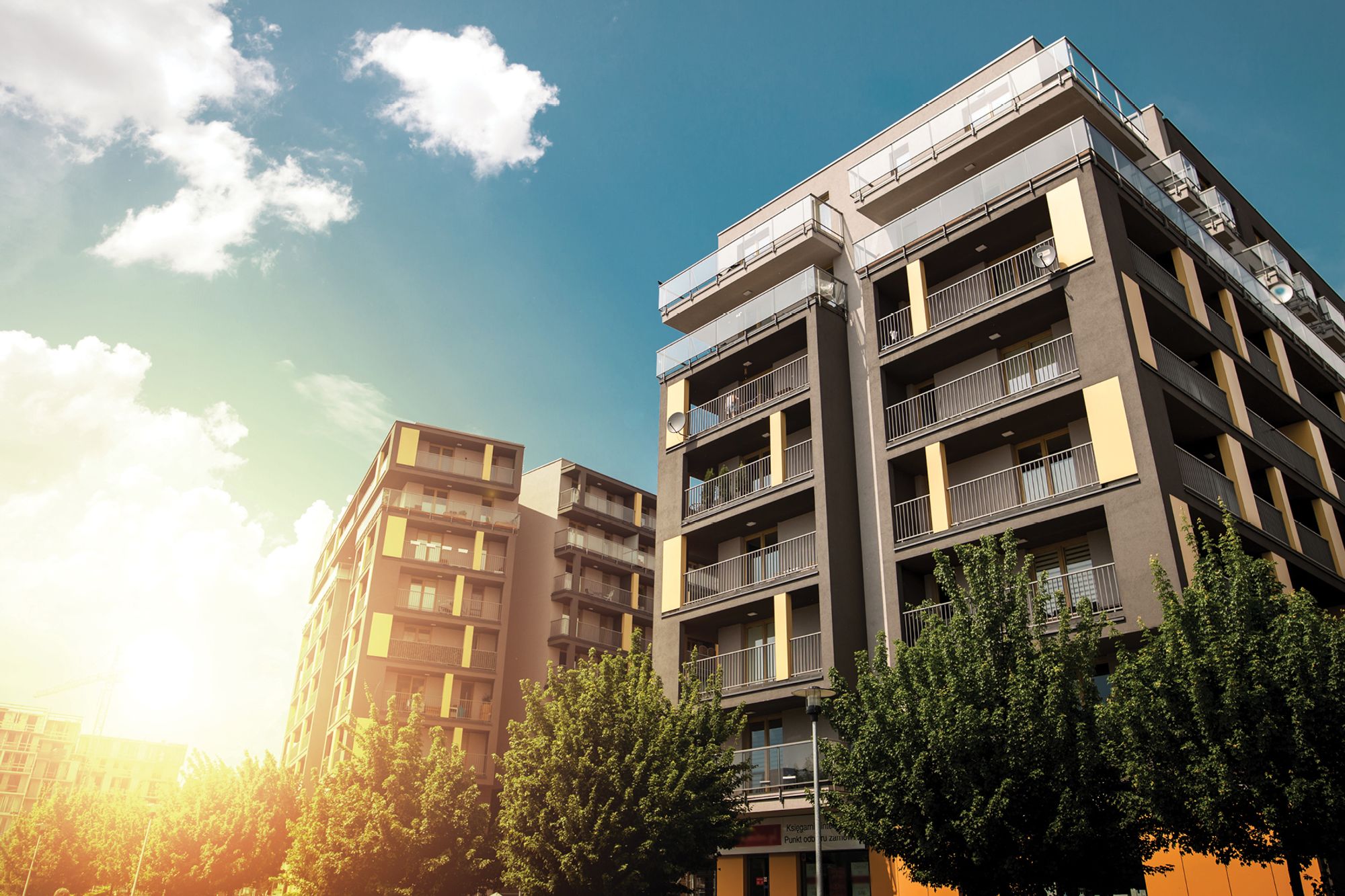
Off the plan or established property… what’s best when you’re ready to invest?
Those with a toehold in the lucrative Sydney property market are the envy of homeowners and investors worldwide, and Ku-ring-gai is one of the city’s stronger performers, ticking all the right lifestyle boxes including low crime rate, great quality schools and reliable transport options. Drive through the leafy streets of Killara, St Ives or Turramurra and it’s clear the suburbs are enjoying significant growth.
Potential investors in real estate have the choice of buying a sparkling new property off the plan or a charming older-style property – but which is better? As with any big decision, there are pros and cons with both. The major benefit to buying off the plan is the appeal new properties have to future tenants, but there are plenty more upsides.
Advantages for buying off the plan:
-
High depreciation on new properties delivers higher tax benefits.
-
Insurance on new residential building work over $20,000 in value is mandatory, providing protection against poor construction – however check the exemptions.
-
New properties are easier to maintain, less likely to need repairs in the short term and new appliances will be under warranty.
-
Likely to attract higher-quality tenants willing to pay premium price.
-
Better communal facilities and building security.
-
Likely to be more environmentally friendly and more energy efficient means lower utility bills.
Disadvantages for buying off the plan:
-
Developer unlikely to move much on sale price.
-
Builder may not meet deadlines and the end product may not be up to standard.
-
Strata fees likely to be higher to maintain communal facilities.
-
Limited ability to improve and value-add in the short term.
-
Apartment sizes may be smaller than older-style apartments.
When buying established properties, investors have more opportunity to negotiate on price and may be able to add value immediately.
Advantages for buying established properties:
-
Ability to see the property before purchase.
-
Apartment sizes tend to be bigger.
-
Upgrade potential for immediate value add and improvements may be tax deductible.
-
Have a sale history providing change in property value over time.
-
Seller more likely to be open to negotiation on sale price.
Disadvantages for buying established properties:
-
No structural warranties for properties older than six and a half years.
-
Higher on-going maintenance costs and major repairs may impact tenancy.
-
Less appeal to tenants (not brand new and design may be outdated).
-
May have lower rental return.
Potential investors who make the best decisions have thoroughly researched their options and understand the market they are buying into, including rental returns, vacancy rates and lifestyle advantages for potential tenants. Ku-ring-gai for example has eight suburbs with vacancy rates well below the Sydney average of 3.2%
It’s also worth getting to know the local council to get a sense of planned new infrastructure, proposed multi-storey developments and any transport upgrades, all of which can impact a property’s value. Most importantly, read contracts carefully and seek professional advice when you’re ready to invest.
Have a question about your property? We invite you to speak with anyone in our team or discover what your home is worth today.
Was this content helpful to you?





